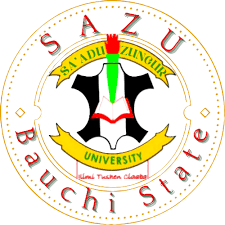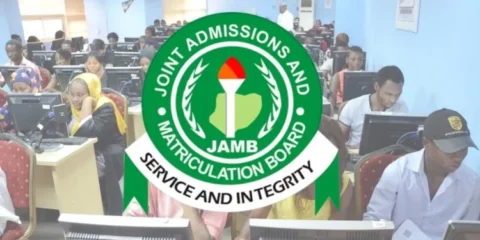In a bid to expand access to quality education, particularly in underserved communities, Equity Learning Academy (ELA) has unveiled a tuition-free digital academy in Ewatto, a rural community in Esan South-East Local Government Area of Edo State.
Described as the first of its kind in Nigeria, the academy leverages GradeX School Management Technology, a digital platform that automates nearly every aspect of school operations. This includes online attendance recording, personalized learning, real-time assessments, efficient meal distribution, and daily feedback for parents on their children’s academic progress.
At the official launch, the Edo State Commissioner for Education, Dr. Paddy Emmanuel Iyamu, commended the initiative, describing it as the type of private sector innovation that complements government’s efforts to achieve universal quality education. He noted that the model provides a practical solution for bridging educational gaps between rural and urban communities.
Co-founder of the academy, Dr. Friday Airhia, explained that the school offers AI-powered personalized lessons for every pupil from Kindergarten 1 to Basic 1, with each child receiving a free laptop to support their studies. He stressed that the system is designed to match each child’s learning pace, ensuring no student is left behind.
The academy is also equipped with uninterrupted solar power, guaranteeing steady electricity for computers, projectors, audiovisual aids, and Wi-Fi connectivity. In addition, pupils are provided with free school uniforms, textbooks, daily meals, clean water, access to a modern digital library, and classrooms manned by IT-trained teachers.
Dr. Airhia further revealed that the school was established through the Shekinah Mentors International Initiative, with strong donor support. He called for more partnerships to enable replication of the model in other rural communities across Nigeria, thereby offering more children equitable access to quality education.
According to him, the academy demonstrates that with innovation, technology, and philanthropy, it is possible to transform rural education delivery and redefine learning in the 21st century.




